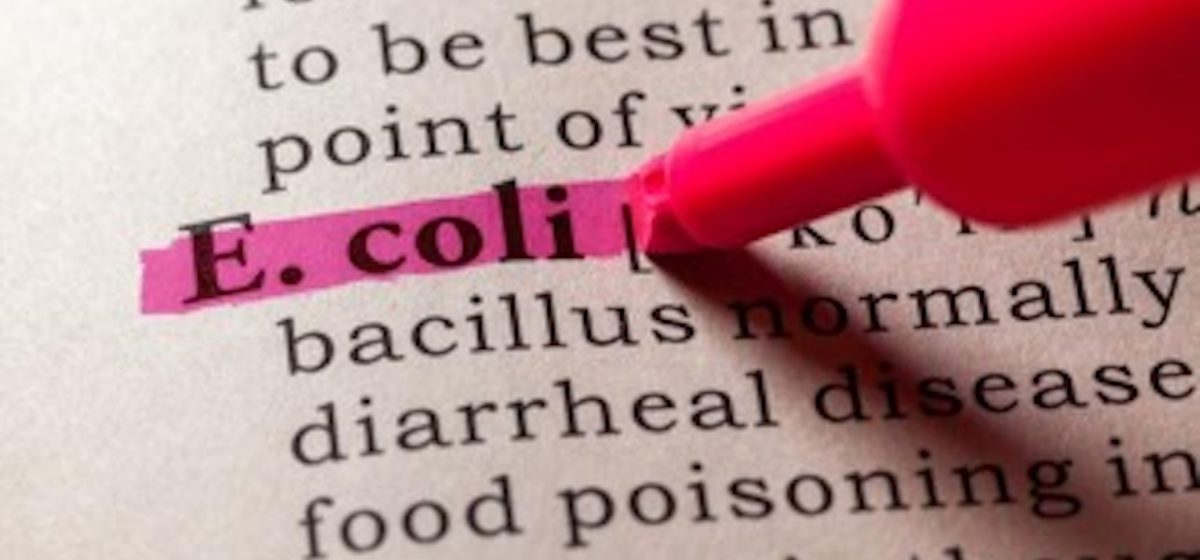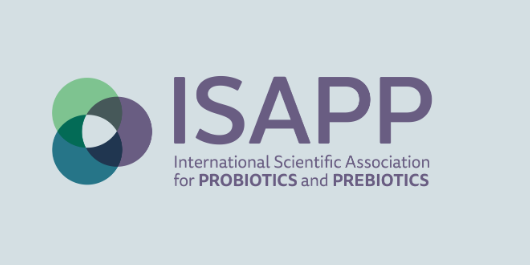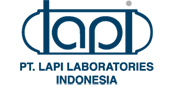
On February 27th 2020 Hans Clevers and his colleagues have published a study in the renowned scientific journal Nature (doi.org/10.1038/s41586-020-2080-8). In this publication their mechanistic research supports a direct role for the commensal bacterium Escherichia coli in the development of colorectal cancer. With the use of their organoid cell model Clevers et al. were able to show that E.coli produce a compound (colibactin) that triggers specific patterns of DNA damage. And that these same patterns of DNA damage are found in 5-10 % of the colon cancer cases.
The probiotic formulations researched and developed by Winclove Probiotics do not contain Escherichia coli strains. In addition, none of the strains in Winclove’s formulation contain the set of genes that is responsible for the production of colibactin. This check was already part of the due diligence on the safety of our food grade strains.
The scientific field already showed more than a 15 year ago that some strains of E. colicontain an extra set of genes (named pks island) that can cause DNA damage. Only bacteria that contain this extra set of genes are able to produce colibactin, the compound that triggers DNA damage. It is important to realize that E. coli is a species that contains varies strains but only some of these strains possess this extra set of genes. This is the case for the probiotic variant of E. coli, the ‘Nissle 1917’ strain. As the extra set of genes is present in the ‘Nissle 1917’ strain this raises a concern of using E. coli ‘Nissle 1917’ as a probiotic.
Research like this highlights once more how strain-specific bacteria exert their actions and emphasizes the importance of the microbiota in health and disease. Our knowledge on the (commensal) bacteria that live in such close connection with us is growing rapidly. We are learning more and more about the health-promoting properties of bacteria and their role in human well-being. At the same we also learn about their potential negative impact on human health, as this study shows. Safety is an absolute priority for Winclove and therefore we continuously check the strains that we add to our formulations for the absence of potentially negative properties.






